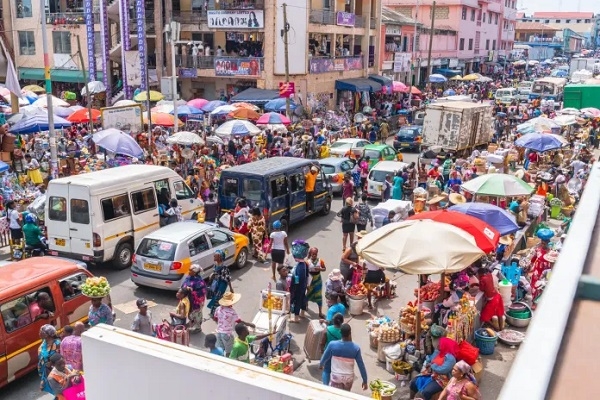Customs unveils roadmap to secure cross-border trade, boost national security
The Nigeria Customs Service (NCS) has unveiled a three-tier roadmap aimed at securing and optimising cross-border trade, including the modernisation of key border posts in the Benin Republic, Niger, and Cameroon; the deployment ofsurveillance and rapid-response mechanisms along trade corridors and the establishment of special economic zones (SEZs) in border communities.
The Comptroller-General of Customs, Bashir Adeniyi, stated that the roadmap consists of immediate interventions, medium-term plans and long-term strategies aligned with the adoption of the Nigeria First initiative, an approach designed to enhance cross-border trade and safeguard national security.
Adeniyi disclosed this while delivering a keynote lecture titled ‘Cross-Border Trade and Security Implications on the Nigerian Economy: Taking Advantage of Global Trade Dynamics’, at the yearly conference of the Obafemi Awolowo University Muslim Graduates’ Association (UNIFEMGA) in Osun State.
He emphasised the need for strategic alignment between trade facilitation and national security, revealing that Nigeria’s trade value surged to N196.94 trillion in 2024, a 179.3 per cent increase over the previous year, despite persistent security threats across various border regions.
Addressing region-specific security challenges and their impact on trade, Adeniyi noted that insurgency in the Northeast continues to disrupt established trade corridors.
He cited collaborative initiatives like the World Customs Organisation’s Project Securité par Collaboration (SPC++) as having introduced alternative trade mechanisms suitable for conflict-affected zones.
In the Northwest, he highlighted how banditry and kidnapping have undermined mining operations, stressing the urgent need for integrated regulatory and security frameworks.
In the Southeast, he pointed to disruptions caused by secessionist movements, particularly affecting the manufacturing hubs of Aba, Onitsha, and Nnewi. For the Southwest, Adeniyi described the smuggling of petroleum products, arms and restricted goods as a major threat. He disclosed that contraband valued at N35.29 billion was intercepted in 2024, with an additional N7.7 billion worth of goods seized in the first quarter of 2025.
“These regional security challenges present Nigeria with a choice: remain trapped in a cycle of reactive responses or transform our hard-earned expertise into strategic advantage within the AfCFTA framework,” Adeniyi asserted.
The Customs boss also addressed global trade disruptions, citing the 14 per cent reciprocal tariff imposed by the United States on Nigerian non-oil exports as a wake-up call for market diversification.
He urged the business community to leverage the $3.4 trillion African Continental Free Trade Area (AfCFTA) and adopt innovations like the Pan-African Payment and Settlement System (PAPSS), which facilitates intra-African trade using local currencies.
“Through the systematic application of these principles, Nigeria can establish itself as the secure gateway to West African markets, using our security investments to bolster our economic standing in both regional and global trade,” he said.
Adeniyi further explained that the Nigeria First initiative is already being implemented within the Service, particularly through the procurement of locally assembled vehicles.
He noted that all operational vehicles acquired by the NCS this fiscal year were sourced from Nigerian automotive plants, an intentional move to support domestic industries and conserve foreign exchange.











